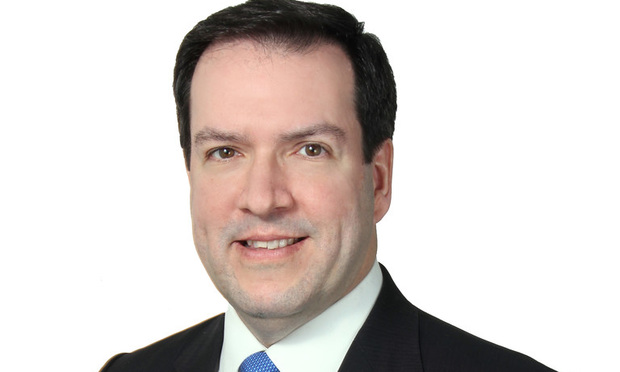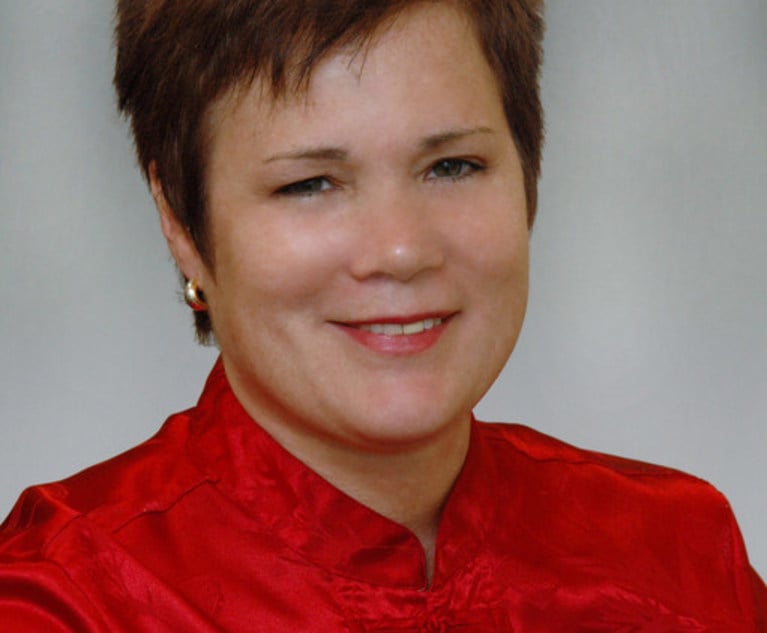For many years, defense and wrongful conviction advocates have pushed for an independent body to investigate and discipline prosecutors. In their words, “disciplinary measures [to punish prosecutorial misconduct] are grossly inadequate,” leading them to the conclusion that, “[t]o deter further misconduct and abuse of power, prosecutors must be punished more severely than attorneys who hold less distinguished and privileged positions.” H. Mitchell Caldwell, “The Prosecutor Prince: Misconduct, Accountability, and a Modest Proposal,” 63 Cath. U. L. Rev. 51, 55-56 (2013). In 2015, the New York State Commission on Statewide Attorney Discipline (the Lippman Commission), created by then-Chief Judge Jonathan Lippman, studied the question, particularly with respect to judicial opinions purporting to find “misconduct.” The Lippman Commission heard repeated arguments in favor of “a separate disciplinary mechanism to address claims of prosecutorial misconduct” and examined a then-pending New York bill that would create such a mechanism. Ultimately, the group rejected the entire proposition:
While the aims of the bill are laudatory, this Commission favors another simpler, more efficient and less costly potential remedy: Ensure that every matter in which a court has found that a prosecutor engaged in misconduct is referred to a disciplinary committee. The Commission stresses, again, the difference between prosecutorial misconduct that results from a good-faith error and prosecutorial misconduct that evinces unethical or malicious behavior, and recognizes that the vast majority of such judicial findings involve the former.
Final Report of the New York State Commission on Statewide Attorney Discipline, Sept. 2013, at 77-78; see also Resolution, American Bar Association, Aug. 9, 2010 (urging “trial and appellate courts when reviewing the conduct of prosecutors to differentiate between ‘error’ and ‘prosecutorial misconduct.’”). Rather than creating “a new bureaucracy to monitor the conduct of prosecutors,” the Lippman Commission called on existing grievance committees to focus more carefully on prosecutors in appropriate cases. Notably, it found “no support” for the “perception of rampant prosecutorial misconduct which is ignored by disciplinary committees.” Id. at 78


 Daniel R. Alonso
Daniel R. Alonso




